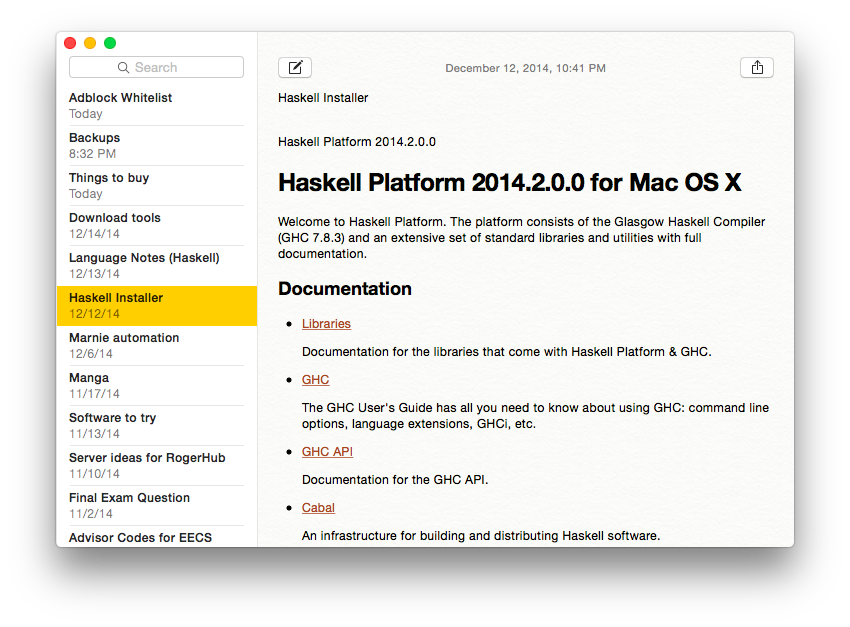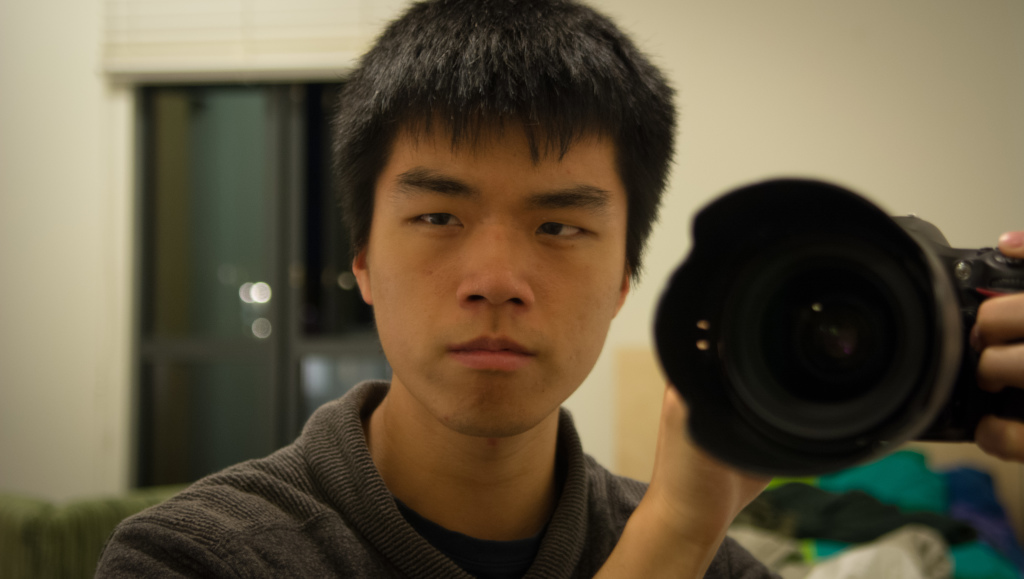There has been some pretty shocking stuff happening in the realm of online advertising recently. By recently, I mean anywhere from just this week to a year and a half ago. Let’s revisit some of them:
A brief recap of this year in advertising
We saw the introduction of the Do Not Track HTTP Header, which at the time of writing hasn’t yet moved from its initial draft state. The draft proposes a new header, sent with every request, that would enable a user to opt-out of all Internet tracking. If adopted, it would greatly hinder the effectiveness of targeted ads. Not long after the draft was announced, Microsoft announced that Internet Explorer 10 would send the DNT header by default as part of their privacy-oriented image. This led to a two week ad-tracking arms race between IE 10 and various websites and website software, most notably apache’s web server, who chose to specifically ignore the header when it came from from IE 10 clients. The draft was soon revised to make this behavior nonconforming.
In an effort to encourage responsible advertising, Adblock Plus 2.0 introduced the Acceptable Ads system that allowed certain non-obtrusive advertising through its filter. The list started with a motion to whitelist ads on reddit. A minority of users are concerned about commercial influence within the project.
Then, Mozilla announced that Firefox 22+ would block third-party cookies by default, another strike against advertisers. More specifically, the ban applies to domains that haven’t already established cookies (instead of a ban blocking all third-party cookies). The cookie ban would cripple many ad-targeting techniques that rely on third-party tracking of user behavior.
Finally, it was revealed just last week that Google allegedly sponsors Adblock Plus’s acceptable ads program in order to get some of their own text ads whitelisted, raising concern about market monopolization.
The controversy
Advertising has always been a controversial part of the Internet. Modern internet architects are mostly science and engineering geeks and harbor a innate predisposition against commercial uses for the world wide web, in very much the same way the astronomers of the 1960’s were disgusted by the thought of a militarized space program.
The reverse is also true: corporate executives and run-of-the-mill internet users today have no idea how much insane power their server administrators hold. Essentially, a lot of miscommunication happens between those who have the power to make decisions and those who have the power to carry them out.
A quick note about adblock and ads
I will use the term adblock in the rest of this post to refer to any one of the several advertisement-blocking browser plugins available. I will use ads and advertising to refer to graphical and text ads (banner ads, skyscrapers, rectangles) as well as video ads, and by extension, certain kinds of advertising on physical media.
Adblock illustrates the tragedy of the commons. Most people are aware that if everybody used adblock, parts of the internet would die off from lack of funding. Nonetheless, many people block ads anyway. The option is tempting, and a single extra user with adblock will likely not make a difference.
I’d like a chance to convince you not to use adblock.
I won’t make any pleas about content publishers deserving money or anything, because those are honestly not good arguments. I want to tell you about a few reasons why ads are not all bad and why you might not want to block ads.
1. Ads pay for the Internet
Everybody loves free online websites, but if Google didn’t make hundreds of billions a year in online advertising revenue, it would have no way to run its services, pay its employees, and support all of its public projects. Sure, you might agree to a $10/month fee to help out some of your favorite sites, but there are a few reasons why this wouldn’t work long-run:
Zero-cost websites provide a ton of social, business, and infrastructural tools that a majority of the population in developed nations have learned to use. Free internet services like those provided by Google are responsible for an enormous part of our country’s productivity and GDP (as well as those of other countries, both developed and undeveloped), and it is because they are free.
The free-to-use nature of these services encourages adoption, which is far more important than immediate profit because suddenly, your average workforce employee knows how to use corporate-grade calendar, email, and spreadsheet software and depend on them as basic communication and organizational tools. These tools not only augment their own human capital, but also created the demand for internet access that fueled the construction of the global internet infrastructure we have today.
Simply put, advertisements are where the internet draws the money to sustain itself and perpetuate this whole cycle of economic development. And because this free-with-ads online publishing model has proven itself to work so well, we now have free photo-sharing sites, news sites that publish exclusively online, and free blogging platforms. Every time you block ads, these are the guys you’re hurting.
You aren’t, of course, obligated to look at ads in order to support these websites, but it’s a small price to pay for all the free stuff you get in return. If you value a free service, you should not block their ads. If you want to support a content publisher, whether it’s a YouTube vlogger or the admins of your regular news aggregator, you should not block ads.
2. Servers aren’t cheap
One thing people usually cite when asked about why they support adblock is the greediness of publishers and advertisers. Most people don’t understand why websites, which are virtual and intangible, cost so much to run in comparison to tangible goods. A large part of this misconception is due to the relative inexpensiveness of commodity consumer hardware.
The hardware that powers your $600 Costco desktop computer is not the same stuff that runs in most datacenters. You might have an exorbitant 16 gigabytes of RAM and a terabyte of disk space, but these devices are consumer-grade devices and would, in most cases, be inappropriate for a server (not counting those who believe in cheap commodity hardware servers). Server hardware often contains extra features to improve their reliability and longevity that aren’t present in consumer hardware. These include error correcting codes that can automatically fix memory corruption, redundant file systems that require several independent hard disks, and specialized CPUs with support for multi-CPU configurations and 24/7 continuous usage.
A server with numerically equal capacity as your home desktop might cost $600 a month to operate, including the massive network infrastructure, housing, HVAC, redundant power, and maintenance staff. Your household computer, on the other hand, doesn’t have to run continuously day-and-night, and it isn’t important if a few bits of memory get flipped accidentally or if it breaks down after two years.
Some websites that provide online services are big enough that they have to rent out enterprise-class equipment, but not large or important enough that they can start billing their customers. These guys who get stuck in the middle often have no other choice but to sell ad space to pay the bills. Websites aren’t exactly cash cows either. In fact, most big websites spend their first couple years in the red.
3. Some advertisements are actually useful
If you can honestly say that online advertising has never ever contributed any value to your life, then:
- You probably don’t buy things on the Internet, and
- You’re probably not worth very much to advertisers anyway.
That’s totally fine, but you should understand that a majority of internet users do buy things regularly, whether it’s online at Amazon.com or in person at Safeway. Advertisers run ads for them, not for you.
Ads themselves do a few different things in a few different ways. Some ads are political in nature, but the vast majority are commercial advertisements designed to get you to buy or donate. Ads cost a lot of money, so they need to earn money in return. That’s just how it works. There are a few ways that advertisers go about this:
- Some ads try to promote brand awareness. Companies sponsor these ads to convince you to choose them over their competition—imagine an advertisement for Coke.
- Some ads announce reasons why you should buy something immediately (seasonal sales, special offers, advantages, testimony, etc.).
These are generic ads that usually don’t provide much value to the consumer (that’s you), but make up the majority of ads shown anyway. This is usually because they apply equally well to everybody. You may have also seen:
- Ads for online education websites or study tools placed on Sparknotes, or
- Ads for public cloud solutions or VPS services placed on a blog for system administrators, or
- Ads for sword replicas or a fantasy RPG placed on a fan wiki for your favorite fantasy novel series.
These are known as contextual ads and are shown because they’re related to the content on whatever page you’re visiting. They are slightly more valuable than generic ads, because they fit in with the content on the page. And finally, you may have before encountered this special kind of ad:
- An advertisement for motherboards and microcontrollers you might buy, because you looked at a few on Amazon last week.
Ads like this one are targeted ads. They range from a subtle “hey these gadgets could be cool to have” to a more pronounced “you put these earbuds in your shopping cart, do you still want them??”, depending on how they were targeted. Targeted ads provide excellent value, because most of the time, they’re shown after you have already demonstrated a commercial interest in some sort of product or service, like a music album or a haircut. Once you’re interested, most companies believe you only need a little nudging before you’ll buy something.
(It’s true that targeted ads might lead you to spend more money, but if you’re having problems being frugal, blame your lack of self-control, not the advertisers.)
The ad industry today is pushing every which way they can to adopt ad targeting in all channels, and for a good reason too: the more value an ad has to you, the more value it has to the advertiser. However, a lot of people are afraid of targeted ads because suddenly, advertisers are tracking everything you buy, everything you search online, and every website you visit in an attempt to figure out what you’re interested in buying.
The truth is that most everything you do online is already being tracked. However, the data recorded is usually scattered in a bunch of different places and is never analyzed for trends. Websites maintain logs of their visitors. Department stores keep databases of purchase history (especially if you’ve got their loyalty rewards card). The means to analyze your habits already exist and have existed for a long time. It’s ultimately up to you to use incognito browsing if you don’t want certain searches or websites to be used for targeting.
The fewer generic ads and the more targeted ads we have, the fewer gimmicks are needed to get your attention and the better our advertisement experience gets (we’ve already come a long way from pop-ups). In an ideal world, we wouldn’t need ads at all. However, reality doesn’t work like that, and most people agree that pure HTML Amazon ads are much better than flashing pop-up ads with auto-playing audio.
Still not convinced?
Like I said before, it’s up to you whether you want to use ad blocking software or not, but hopefully you now at least see why advertising is not entirely bad and why it is important to have. If you’re a computer security enthusiast like me, you’ll ditch ad blockers exclusively because of the fact that they hook onto every web page. If not, just stop complaining about advertisements, because things would be a lot worse without them.



